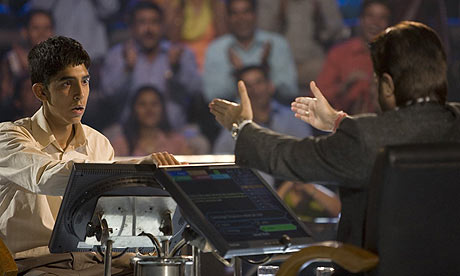
This week, I am going to talk about one of the most elegant women to grace to screen, Audrey Hepburn. Even though Hepburn was the very epitome of elegance in Hollywood during her reign on screen, her early life was very difficult and not the least bit glamorous. Her parents divorced and her father abandoned the family. After the divorce, Hepburn’s mother moved Audrey and her brother to Arnhem in the Netherlands, thinking they would be safe from Nazi occupation there. However, the Nazi’s invaded the Netherlands in 1940 and life became very hard for Audrey. She was a first hand witness to part of the Holocaust, seeing people rounded up onto trains to go to concentration camps. Hepburn's uncle and her mother's cousin were shot in front of Hepburn for being part of the Resistance. Suffering from malnutrition, Hepburn developed acute anemia, respiratory problems, and oedema.
Although she wanted to be a ballerina, Audrey Hepburn decided to pursue acting. Her first starring role in an American film was opposite Gregory Peck in Roman Holiday, for which Hepburn won an Oscar. She then went on to film Sabrina, with Humphrey Bogart and William Holden, and Funny Face, with dancing legend Fred Astaire, and of course, My Fair Lady, with Rex Harrison.
One thing I have noticed about Hepburn’s films is that she is commonly cast with an older man as her love interest (Humphrey Bogart, Cary Grant, Fred Astaire, Rex Harrison, William Holden, to name a few…). Another thing that I’ve noticed is that her way of speaking and acting is always very refined, and very unique. I haven’t seen anyone speak quite like Audrey in the movies. This raises another question: Would Audrey Hepburn make it in Hollywood today? Would she have the opportunity to become her well known icons of Holly Golightly or Princess Ann, or would she be reduced to character acting in supporting parts (which isn’t a bad thing, but probably a step down from “Audrey Hepburn-ness”). What do you think?


